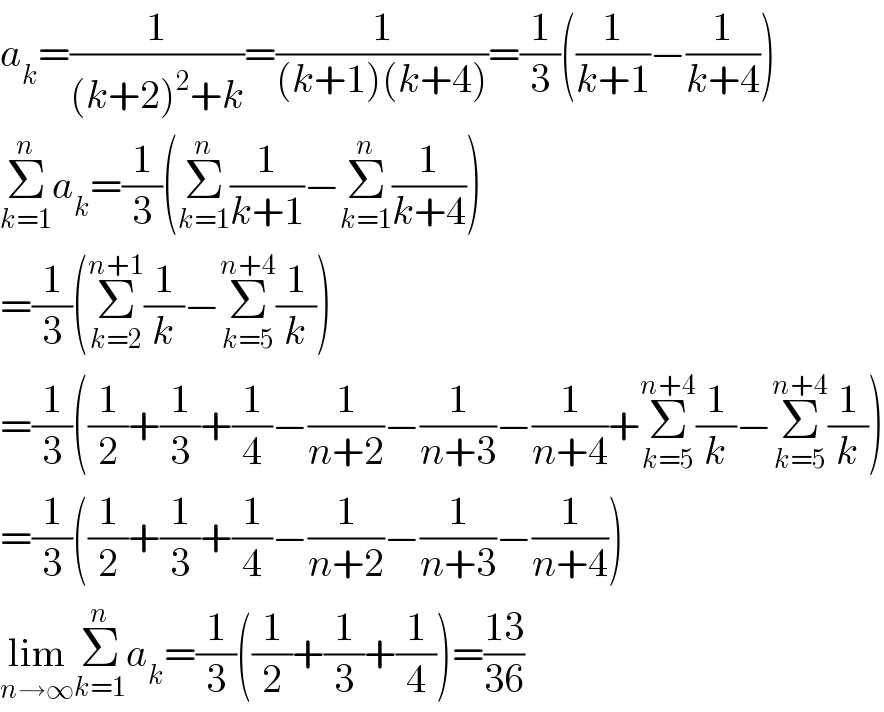
Question and Answers Forum
Question Number 98087 by Algoritm last updated on 11/Jun/20

Answered by mr W last updated on 11/Jun/20

Commented by Algoritm last updated on 11/Jun/20

| ||
Question and Answers Forum | ||
Question Number 98087 by Algoritm last updated on 11/Jun/20 | ||
 | ||
Answered by mr W last updated on 11/Jun/20 | ||
 | ||
| ||
Commented by Algoritm last updated on 11/Jun/20 | ||
 | ||